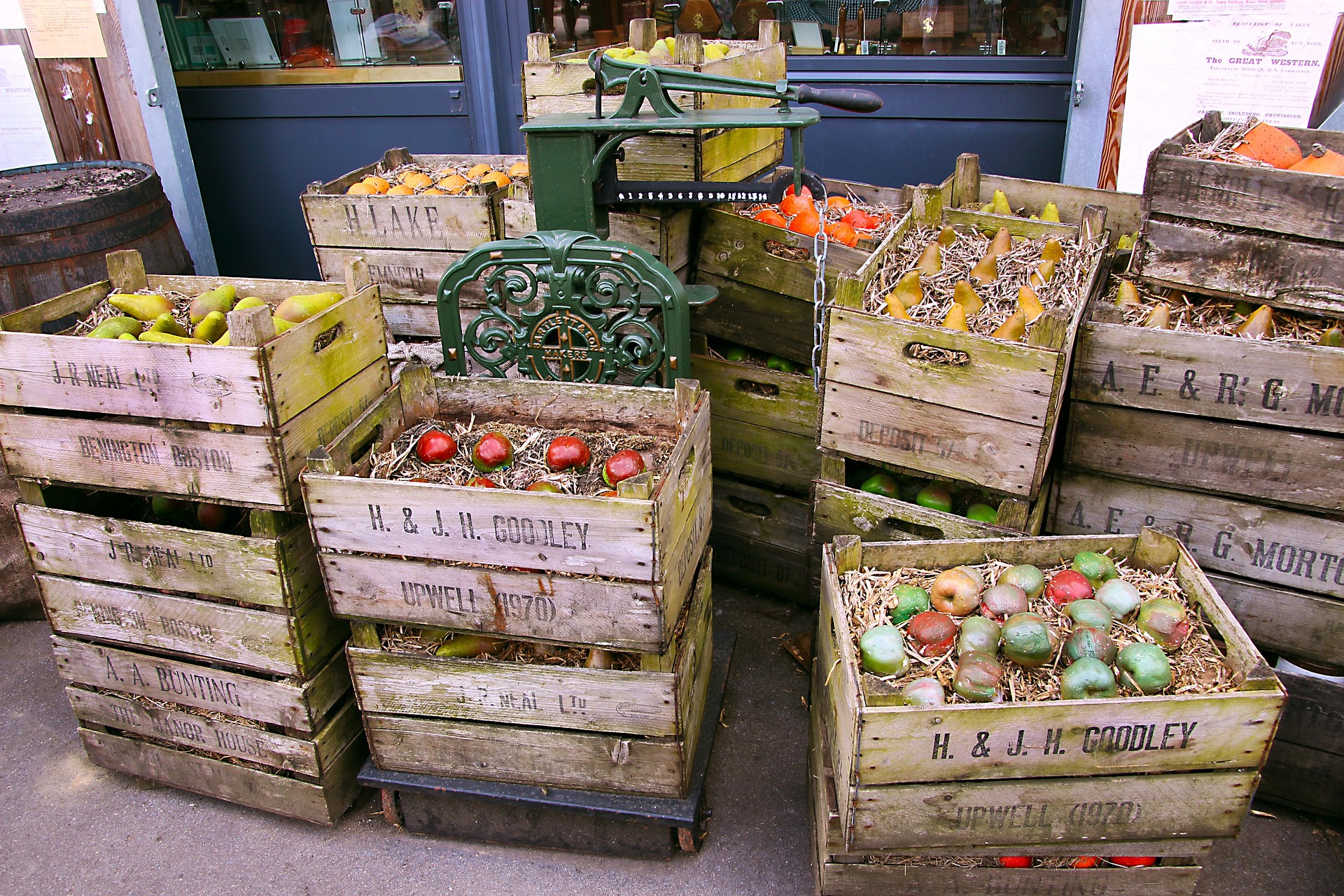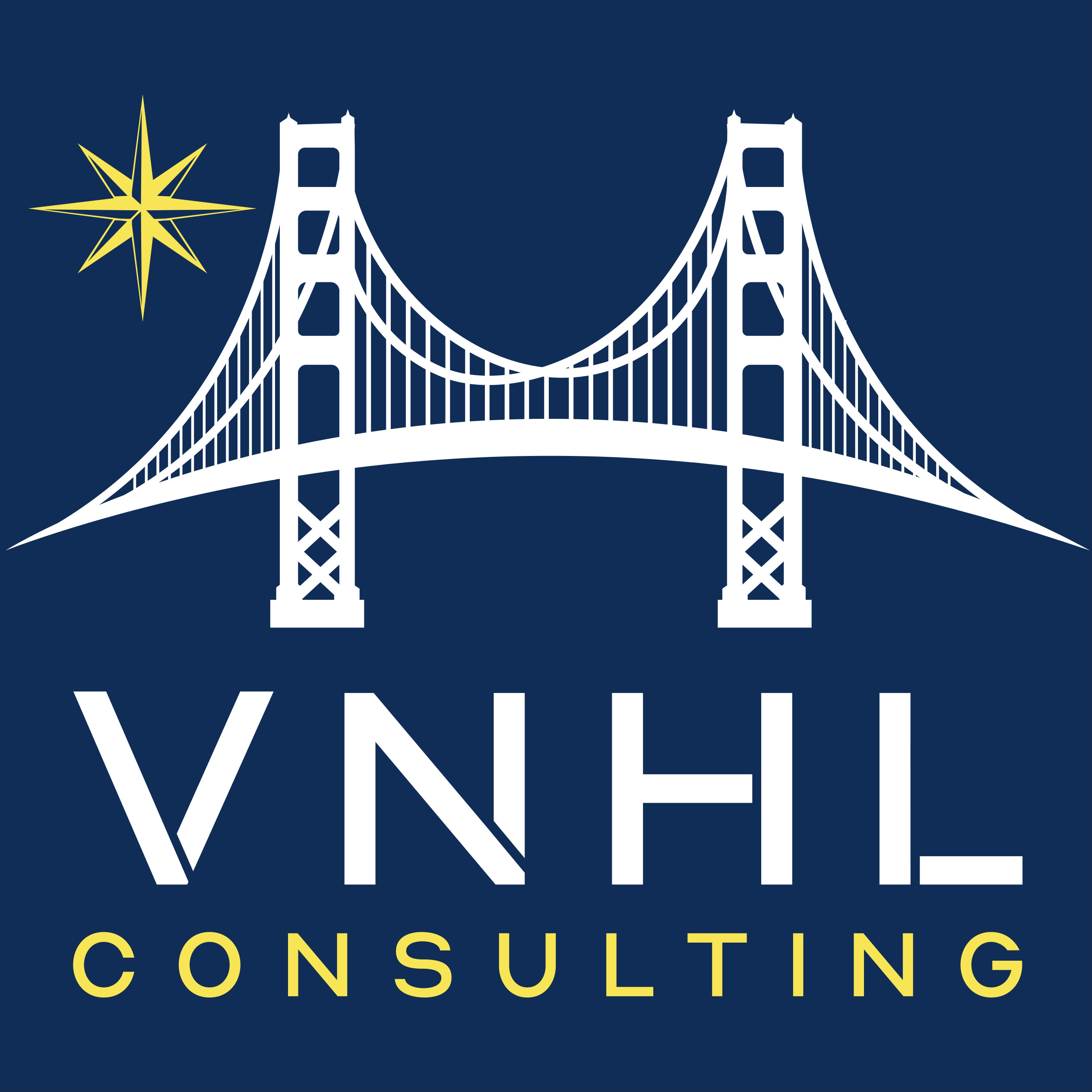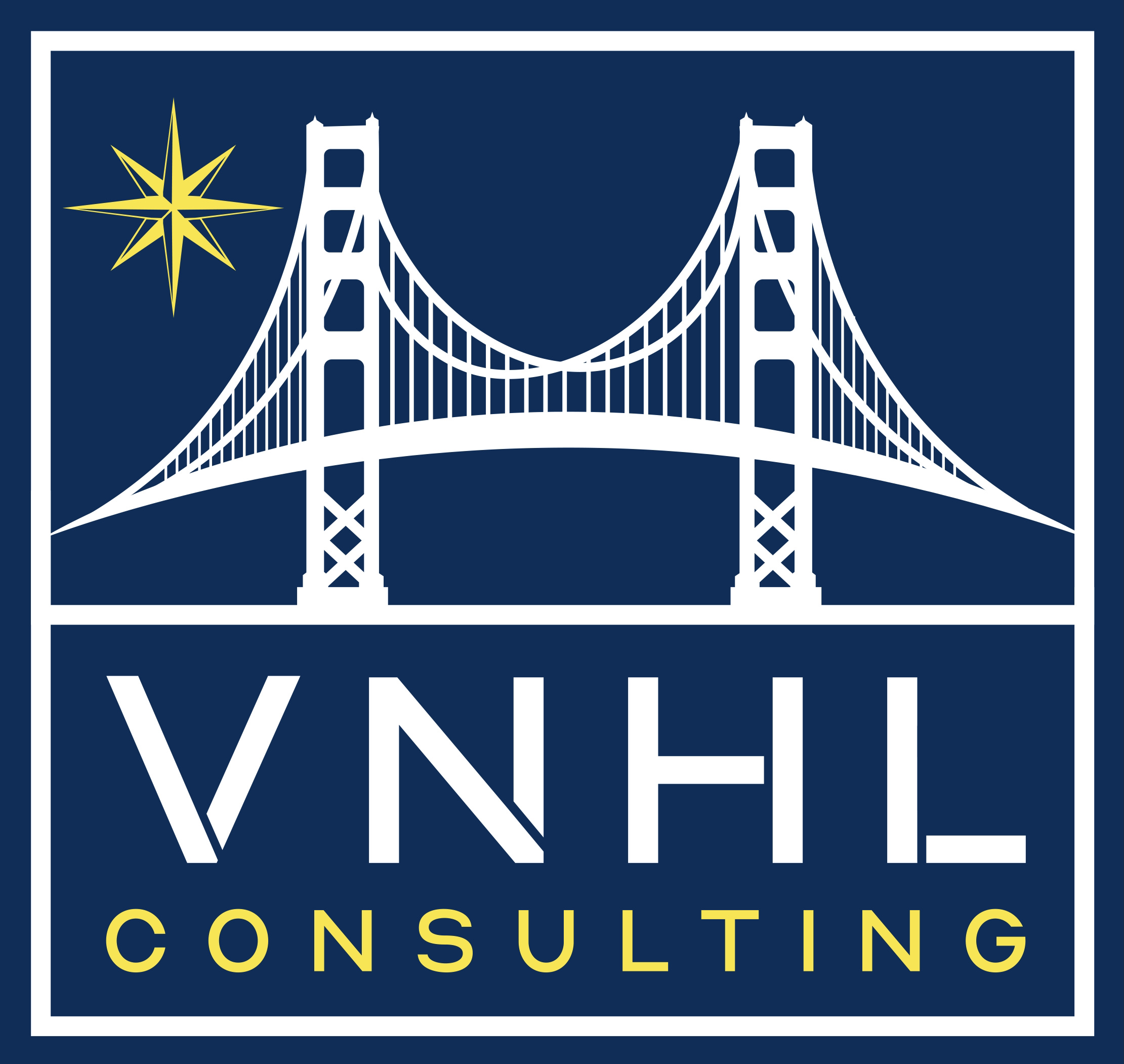Import and distribution in Vietnam
- 20/03/2025
- Posted by: Admin
- Category: Info resources

Vietnam is a country full of investment- and business opportunities. No wonder that we often receive inquiries from Clients, asking how to start a business in Vietnam. One field that we often receive questions about is the import and distribution of products in Vietnam. A great opportunity to publish an info post about this topic. For starters, there are two main options available for import and distribution in Vietnam. The first option is to establish a local company in Vietnam. The second option is to partner with an existing Vietnamese company. Each approach obviously has its own advantages, challenges, and regulatory requirements. In this post, we will have a closer look at these two options. And we will give you some further insights and tips about how to approach import and distribution in Vietnam.
Option 1: establishing a local company
The first option for import and distribution in Vietnam is to establish a local company in Vietnam. This option allows foreign business owners to have direct control over import, pricing, and distribution. However, the process may also be complex, and in any case it requires time and money. There are two ways to go about this first option: (i) establishing a foreign-owned company, or (ii) establishing a Vietnamese-owned company:
Option 1A: foreign owned company
A foreign-owned company provides full ownership and decision-making power, but requires compliance with strict regulations. The setup process can take between 2 – 3 months. It involves obtaining multiple licenses, including an investment registration certificate (IRC) and an enterprise registration certificate (ERC). The registration cost may range from USD 1,500 to USD 2,000, with additional expenses for product approvals. For more detailed information about this option, we invite you to have a look at this VNHL article.
Option 1B: Vietnamese owned company
A Vietnamese-owned company can be established if you have a Vietnamese partner in your team. This structure speeds up the company registration process to around 2 – 4 weeks. It also makes it easier to obtain import-, and business licenses. While foreign business owners may retain operational influence through contractual agreements, they do not own the company directly. This option is often chosen by medium-sized businesses looking for market entry while avoiding foreign ownership restrictions.
Different products, different rules
Regardless of the ownership structure, registering products is a crucial step before commencing import and distribution in Vietnam. It is important to realize that different products have different regulatory requirements. Some products are relatively “easy” for import and distribution in Vietnam, for example: electronics and office supplies. These products do not require special permits and they are not subject to strict regulatory control. Other products are more “difficult”, for example: coffee, cosmetics, and food supplements. These products require submission to relevant Authorities, such as the Vietnam food administration (VFA).

Option 2: working with a local partner
Partnering with an established Vietnamese company is a popular alternative approach to import and distribution in Vietnam. It is therefore our second main option. The local partner approach saves you the hassle of setting up a new local company, and it generally speeds up market entry. Local partners come in different shapes and forms. Ideally, they already possess the necessary import and distribution licenses, and they have experience with Vietnamese regulations. Furthermore, they often already have an established network for sales and marketing.
Having said all of this, working with a local partner also means losing direct control over distribution and branding. Additionally, local partners obviously expect to be paid in one way or another. Typically this comes in the form of service fees, however profit-sharing arrangements also occur in practice. Above all, it is important to carefully select a trustworthy distributor with relevant market knowledge. Furthermore, signing a comprehensive agreement is highly recommended. Such agreement should include: scope of cooperation, pricing, sales channels, compliance responsibilities, etcetera.

Alternatives for import and distribution in Vietnam
In Vietnamese practice, some foreign investors use a “hybrid” strategy. Meaning that they start with a local partner to test the market, before (potentially) establishing their own company. This approach allows businesses to enter Vietnam quickly, see how things work out, and later take greater control if suitable. A second alternative option for import and distribution in Vietnam is the so – called “representative office”. Some foreign investors do not want to establish their own local company. However, they may still want some kind of formal presence in Vietnam. A representative office may be a good option in these cases. Because it allows a foreign investor to oversee its distribution partnerships and maintain closer control over branding and operations. The representative office in Vietnam cannot directly engage in profit making activities. But it does offer a cost-effective way to establish a foothold in Vietnam, and monitor business operations.

The different options compared
Here is a comparative summary of the different options for import and distribution in Vietnam:
| Foreign-owned company | Vietnamese-owned company | Local partner | Representative office | |
|---|---|---|---|---|
| Suitable for | Large brands, long-term expansion | Medium-sized brands, with a trusted local team member | Small and medium-sized brands, startups | Small and medium-sized brands, seeking oversight |
| Brand control | High | Medium | Low | Medium |
| Company registration time ~ | 2 – 3 months | 2 – 4 weeks | N/A | 4 – 6 weeks |
| Company registration costs ~ | USD 1,500 – 2,000 | USD 250 – 500 | N/A | USD 750 – 1,000 |
| Product registration ~ | 1 – 12 months | 1 – 12 months | 1 week | N/A |
| Import process ~ | 2 – 4 weeks | 2 – 4 weeks | 1 – 2 weeks | N/A |
Conclusion: import and distribution in Vietnam
Each option for import and distribution in Vietnam has its own advantages and disadvantages. Which option is the most suitable for your personal business plans? That depends on factors such as: type of products, scale, resources, and risk tolerance. While a fully foreign-owned company provides maximum control, working with a local partner is a more efficient way to enter the Vietnamese market. A hybrid approach may be a strategic way to test the waters before making a long-term investment. And a representative office allows for a little more control on the ground, without having to establish a full – scale foreign owned company. Important to keep in mind is that some products are “easier” to import and distribute in Vietnam than others. Therefore this could be a good starting point for you to consider your options, and decide your way forward.

VNHL is here to support you
At VNHL, we are always happy to consult our Clients about their business plans for Vietnam. For example about the best option for the import and distribution of their specific products in Vietnam. So if you have any questions about this topic (or about any other Vietnam – related) topic: do not hesitate to contact us. You can reach out to us via the chat button on the right of this page, or via our contact us page for further information and questions. Our three main services are: (i) consulting, (ii) networking, and (iii) supporting. We look forward to hearing from you and to supporting you.

*Dear reader, even though our VNHL Consulting team always tries its very best to provide its Clients with correct and complete info: we are not a Vietnamese law firm. The information in this post is therefore not meant to, and should also not be construed to, constitute legal advice. For specialized advice in the fields of law, accounting, tax, etcetera: we always recommend our Clients to speak with qualified specialists in those fields. We have several such specialists in our nationwide network, and we are always happy to introduce our Clients to them, when appreciated.


[…] living in Vietnam. Perhaps you are considering starting your own business. Maybe you are looking to trade with Vietnam. Or perhaps you are planning to move to Vietnam. For all these cases and more: we are here to help […]